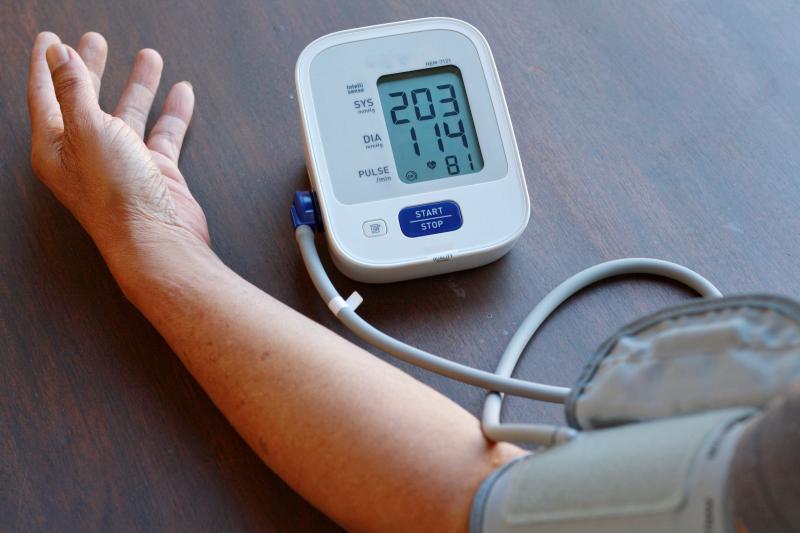
Patients with congenital heart disease-associated pulmonary artery hypertension (CHD-PAH) have favourable midterm outcomes, a new study reports.
Researchers established a multi-centre prospective registry called the TACHYON*, which included nine paediatric cardiology centres. The present study included 87 CHD-PAH patients (mean age, 37.4±18.2 years), from whom relevant clinical and laboratory data were collected every 3 months for the first year, and once per year thereafter.
Over a mean follow-up duration of 23.9 months, nine patients needed to be admitted more than once for cardiopulmonary reasons, and five died. The 2-year Kaplan-Meier survival rate was 93.2 percent, while the hospitalization-free survival rate over the same time span was 91.8 percent.
The researchers then assessed the value of three noninvasive parameters—functional class, the 6-minute walk distance (6MWD), and N-terminal pro-brain natriuretic peptide (NT-pro BNP)/BNP—in predicting adverse outcomes during follow-up.
They found that survival and hospitalization-free survival rates were not statistically different between patients with any number of low-risk findings in any of the three parameters. However, the total number of high-risk findings held significant predictive value. Those with zero high-risk noninvasive findings had significantly better 2-year total (p=0.002) and cardiopulmonary hospitalization-free (p=0.005) survival rates.
Notably, adherence of physicians to the European Society of Cardiology (ESC) guidelines for CHD-PAH follow-up was low. The registration rate of cardiopulmonary exercise testing (CPET) was very low, at 3 percent, and only 14 percent of patients were made to undergo repeat cardiac catheterization.
*Taiwan congenital heart disease associated with pulmonary arterial hypertension